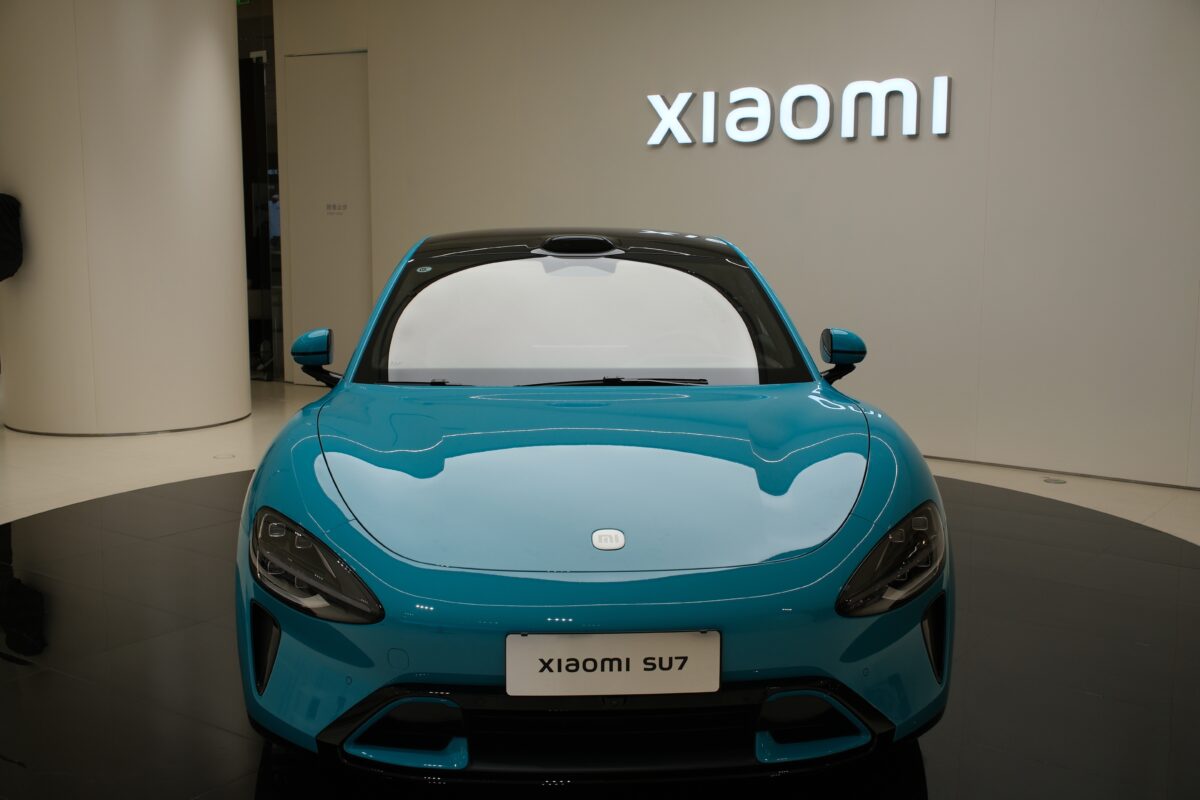TLDRs;
- Xiaomi recalls 116,877 SU7 EVs after a fatal crash tied to flaws in driver-assist software.
- The recall affects vehicles produced between February 2024 and August 2025, according to Chinese regulators.
- Xiaomi will release an OTA update to improve system performance and safety compliance.
- Tesla and BYD have also faced major recalls, highlighting industry-wide EV software challenges.
Xiaomi, best known for its smartphones and consumer electronics, has been aggressively pushing into the electric vehicle (EV) industry with its flagship SU7 sedan.
However, the company is now facing one of its first major roadblocks. The State Administration for Market Regulation (SAMR) announced that 116,877 SU7 vehicles manufactured between February 6, 2024, and August 30, 2025, are being recalled after safety risks were identified in the model’s driver-assistance software.
The regulatory body explained that the software may fail to adequately detect certain scenarios, falling short of standards required for Level 2 autonomous driving systems. This flaw increases the risk of accidents if drivers rely too heavily on the system for safety warnings.
Fatal Crash Raised Alarms
The recall was prompted by a fatal accident involving an SU7 sedan earlier this year. Authorities did not disclose the full circumstances, but regulators linked the incident to the vehicle’s driver-assist functions, which reportedly failed to issue timely alerts.
In response, Xiaomi admitted shortcomings in the system and pledged to roll out an over-the-air (OTA) software update to address the safety gap. The company said the fix would strengthen detection algorithms and ensure compliance with both Chinese regulatory standards and global expectations for semi-autonomous driving.
This incident marks a pivotal moment for Xiaomi’s automotive ambitions. Having entered the EV market less than two years ago, the company faces pressure to balance innovation, speed-to-market, and consumer safety.
Other EV Giants Also Hit by Recalls
Xiaomi’s recall reflects a wider trend in the EV industry, where even established players have faced safety setbacks.
Earlier this year, Tesla pulled back over 376,000 cars in the U.S. due to faults in its power-assisted steering, while BYD recalled nearly 97,000 vehicles in China after regulators flagged a steering unit defect that posed fire risks.
Both incidents show how reliance on complex software and electronic systems has made recalls more common, underscoring that no automaker is immune to safety challenges in the race toward smarter, autonomous vehicles.
Balancing Innovation and Consumer Trust
For Xiaomi, this recall could slow momentum just as the SU7 was gaining traction in China’s crowded EV market. The company has positioned its vehicles as affordable yet advanced alternatives to Tesla and BYD, with a focus on smart integration and autonomous features.
Industry experts say the recall underscores the double-edged nature of rapid innovation. While advanced driver-assistance systems (ADAS) can enhance safety, gaps in their performance can have serious consequences. Regulators worldwide continue to stress that such systems are supportive tools, not replacements for attentive human driving.
Despite the setback, Xiaomi’s quick acknowledgment and commitment to an OTA remedy may help minimize damage to its reputation. The company also announced it would strengthen internal testing and validation processes for future models. Analysts believe that how Xiaomi manages this crisis will determine whether consumers remain confident in its EV push.







